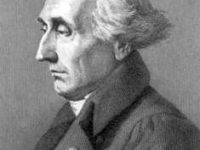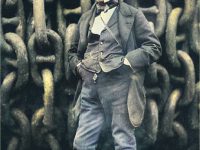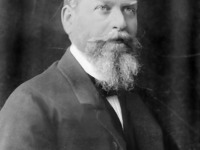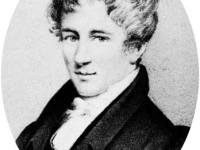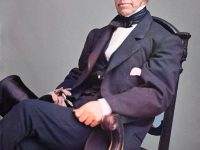Joseph-Louis Lagrange and the Celestial Mechanics
On April 10, 1813, Italian mathematician and astronomer Joseph-Louis Lagrange passed away. Lagrange made significant contributions to the fields of analysis, number theory, and both classical and celestial mechanics. “I cannot say whether I will still be doing geometry ten years from now. It also seems to me that the mine has maybe already become too deep and unless one finds new veins it might have to be abandoned. Physics and chemistry…
Read more











